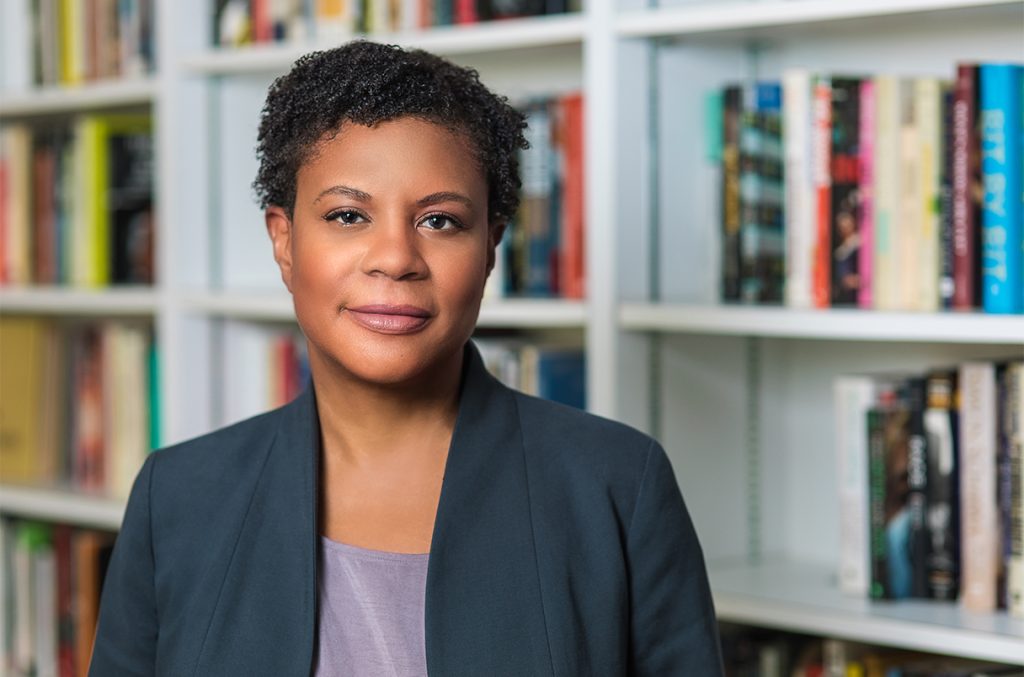AI technologies have taken center stage in recent weeks and months, permeating various aspects of daily life. AI, with its capacity for learning, planning, reasoning, and creativity, has been a part of our technological landscape for over half a century. However, recent advancements in the field, driven by the availability of vast data and innovative algorithms, have propelled AI into new frontiers.
AI’s significance extends beyond individual nations, playing a pivotal role in the digital policies and transformations of countries worldwide, including regional entities like the European Commission and ECOWAS. Yet, behind the scenes of these powerful AI technologies are individuals making critical decisions on when and how to harness this transformative force.
TIME Magazine recently recognized the influential individuals shaping the AI landscape in its “TIME100 AI” list. Among them are several Black leaders who have made significant contributions to AI development and progress.
Here are seven of these remarkable individuals you know know:
Stephanie Dinkins

A 39-year-old multimedia artist, Stephanie Dinkins has been at the forefront of programming AIs to realistically depict Black women. Her project, “Not the Only One,” aims to foster inclusivity and diversity within the AI space. By training an AI on three generations of Black women, Dinkins infuses cultural roots, deep history, and a unique perspective into an often homogenous field. She also runs the AI.Assembly, an art and tech incubator.
Linda Dounia Rebeiz

A Senegalese artist, Linda Dounia Rebeiz creates her art using generative adversarial networks (GANs), enabling her to train AI on her own datasets. She has transformed hundreds of images of Senegalese flowers and historical buildings into public datasets, including those sourced from national archives previously unavailable online.
Alondra Nelson

Having led President Joe Biden’s White House Office of Science and Technology Policy (OSTP), Alondra Nelson oversaw the release of the Blueprint for an AI Bill of Rights. As a professor at Columbia and Yale and the president and CEO of the nonprofit Social Science Research Council, Nelson’s expertise spans genetics, race, and medical discrimination. She continues to advise state lawmakers and Congress members on AI policy as a fellow at the Center for American Progress.
Anna Makanju

Anna Makanju holds the position of Vice President of Global Affairs at Open AI, a company that has become a leader in the AI sector. She joined Open AI in 2021 and previously served as a policy adviser to Vice President Joe Biden during the Obama Administration. Her extensive experience includes roles at the U.N., NATO, and Facebook.
Richard Mathenge

Richard Mathenge, along with a colleague at Sama, was recruited by ChatGPT to address issues of violence, discrimination, and other flaws within AI. Their work involved reading and classifying toxic content to train ChatGPT to avoid reproducing it. Mathenge was instrumental in establishing the first African Content Moderators Union and initiated a parliamentary investigation into big tech firms in Kenya.
Joy Buolamwini

Joy Buolamwini is a Ghanaian-American-Canadian computer scientist and digital activist, as well as the founder and Artist-in-Chief of the Algorithmic Justice League (AJL). The AJL uses research and art to shed light on the social impact and potential harm caused by AI. Buolamwini’s insights were sought by President Joe Biden during discussions on establishing safeguards for rapidly advancing AI technology.
Abeba Birhane

Abeba Birhane, a cognitive scientist, recognized a crucial yet overlooked task in the AI space. While AI models were trained on extensive datasets, few were conducting audits to identify harmful material, potentially leading to structural biases. She pioneered a new discipline focused on auditing publicly accessible AI training datasets. Today, Birhane serves as a senior adviser i





